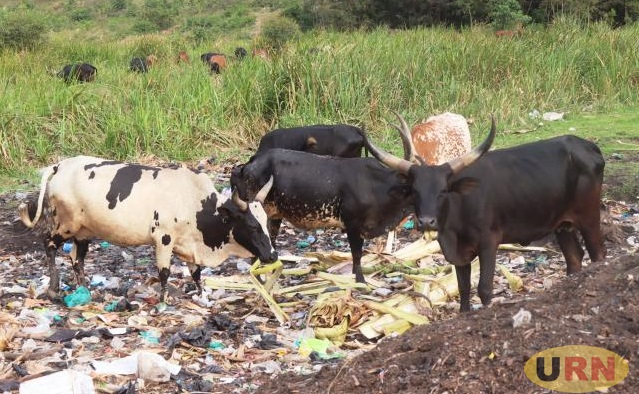
Kanungu, Uganda | THE INDEPENDENT | In the face of a recurring measles outbreak in parts of Uganda, health experts are urging the public to rely on evidence-based treatments and avoid unproven traditional remedies that could endanger lives. In July 2024, measles was confirmed in Kihembe Sub County, Kanungu District, near the Uganda-DR Congo border. The outbreak was swiftly contained following mass immunization of children by health authorities.
However, in January 2025, the disease resurfaced in three northeastern districts—Nakapiripirit, Amudat, and Nabilatuk. Despite ongoing public health efforts, myths and misinformation surrounding measles treatment continue to spread, one of the most persistent being the use of cow urine as a remedy.
Steven Ndanzomwe, a resident of Kirandura Village, and Francis Gaddie Kagyingyiri from Kamunogo Village in Kaharo Sub County, Kabale District, recounted their childhood experiences battling measles. Rather than being taken to a health facility, they were subjected to a dose of cow urine—a traditional belief passed down by their parents.
According to the myth, one had to wake up early, drink fresh cow urine, and the disease would vanish. Kagyingyiri recalled how his younger sister, who declined to drink the urine, later succumbed to the disease.
Justus Byomuhangi, a resident of Kirima Sub County in Kanungu District, shared a similar experience. He and his sisters were given cow urine every morning until they recovered from measles. He noted, however, that the practice has declined as parents increasingly embrace childhood immunization.
But health professionals have sounded the alarm over this myth. Dr. Abdon Birungi, the Rubanda District Health Officer, dismissed the practice as dangerous and baseless. “There is absolutely no scientific evidence to support the use of cow urine in treating or preventing measles,” Dr. Birungi emphasized.
According to Dr. Birungi, reputable health organizations such as the World Health Organization (WHO) only recommend supportive care, vitamin A supplementation, and antibiotics to manage complications as part of measles treatment.
He warned that consuming cow urine can introduce harmful bacteria, viruses, or other contaminants into the body, potentially worsening symptoms or causing new infections. While acknowledging the cultural significance of traditional remedies, Dr. Birungi stressed that any alternative treatments must undergo rigorous safety and efficacy testing before being promoted for public use.
Measles is a highly contagious viral disease that spreads through coughing, sneezing, or even breathing near an infected person. It can lead to severe complications, including pneumonia, brain inflammation, blindness, and in some cases, death.
Health authorities continue to urge the public to prioritize immunization, seek medical attention promptly in the event of symptoms, and reject unverified treatment methods that may do more harm than good.
****
URN
 The Independent Uganda: You get the Truth we Pay the Price
The Independent Uganda: You get the Truth we Pay the Price



